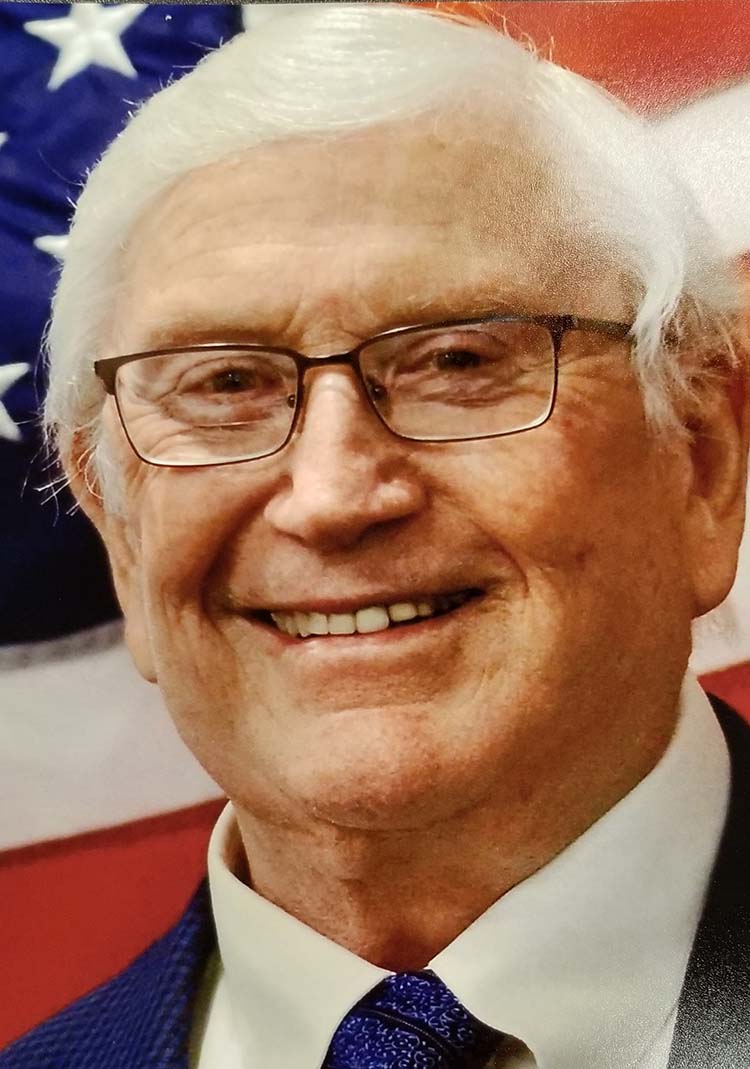By KATIE EUBANKS

In May 2020, Nathan “Burl” Cain was appointed commissioner of the Mississippi Department of Corrections after overseeing a dramatic transformation at the Louisiana State Penitentiary at Angola, once known as America’s bloodiest prison. Under Cain’s tenure, violence at Angola decreased by 60 percent and gang affiliations disappeared. Now he has brought his faith-based approach to Mississippi. He recently spoke with MCL Editor Katie Eubanks.
Katie Eubanks: Please explain your strategy at Angola.
Burl Cain: We had no higher education (for inmates) at that time in the ‘90s because Pell Grants were eliminated for prisoners. Dr. Kelly from New Orleans Baptist Theological Seminary, and Dr. Leavell, back in 1995, agreed to do the first seminary in Angola.
The outcome was so transformative, we realized we were onto something really big. We raised money to do research with Baylor (University), and proved it made a drastic change in the culture in the prison.
So in 2004 I came here to Mississippi, and (then Gov.) Haley Barbour wanted to do it too, and Mississippi Baptists, so we started a seminary in Mississippi as well. Now Mississippi didn’t do the program correctly because they didn’t give the inmates access to the rest of the prison. Whereas in Louisiana, we had these inmates graduating and planting churches and doing moral things to change the culture of the prison.
So when this job for commissioner of corrections came open (in Mississippi) … that’s why I wanted the job.
We’ve already raised $300,000 to do research on the Mississippi program to prove to the rest of the country that we can remove the gangs.
KE: Which Mississippi prisons is the seminary operating in?
BC: The male seminary is at Parchman. It’s been there since 2004. I calculated it, and the Mississippi Baptists contributed about $800,000 over that period of time for this seminary to exist. Because to separate church and state, we have to do it with private dollars.
We convert the ones that want to go and be in ministry to field ministry, to be sent to the other prisons. So you only need one seminary.
There’s 46 students in class today at the men’s seminary, and there’s I think 27 in the women’s seminary. The women are at Central Mississippi Correctional Facility (CMCF). The women just finished their first year and had a big celebration.
KE: What kind of impact is the program having at the prisons?
BC: We had some women (inmates who have) mental health issues and are suicidal. A couple of these (inmate seminary) students go over and sit with those women and pray with them and calm them down … All their electives in the seminary are counseling classes, but with a spiritual spin on it. So they’re bringing calm to the prison and the prison gets safer.
These graduates in the seminary also teach GED programs … And then we also, with the men, they teach skills and trade, they put them on the work crews. That’s where the profanity goes away. You don’t want to curse in front of the preacher. So the prison community evolves into being a normal community.
This stuff is so simple and common sense, I can’t believe we missed it so long. I wasn’t smart enough to figure it out. It was a God thing.
And we have developed a program called Malachi Dad, because the inmate men were really worried about their kids. This program teaches inmates how to mentor their children on how to not follow their dad into his life of crime. These inmate pastors will get with other inmates on how to write to their children and how to tell their child how to deal with issues like bullying.
KE: What kind of degree are the seminary students attaining?
BC: They take exactly the same courses you’d take if you went to the seminary campus in New Orleans, and you get a B.A. degree or a B.S. degree (in) biblical studies.
This is a real full-time seminary with full accreditation just like Ole Miss or Mississippi State. … And we do some training to make sure they’re not going to be offended hearing about God and Jesus, and they sign (a memorandum of understanding) saying they will follow the doctrine but get an education.
We raised the money, and we’re going to be building four churches by Thanksgiving (2022), two at Parchman and two at CMCF. One will be specifically for the women at CMCF. Once you get these guys and gals who can preach, they want to go preach.
It’s not the state’s building. It’s God’s building. And they migrate to it.
We want the inmates to be the pastor, and maybe once a month have someone come in. We want (outside) churches to adopt a (prison) preacher and his congregation, because he needs advice.
KE: What about when they get out of prison?
BC: Once they convert and truly find God, they worry about their children and their families. We’ve seen some powerful preachers leave prison and leave this program and become pastors and assistant pastors in their community.
Most importantly is, it is a real (bachelor’s) degree that’s going to really help you get a job working for the state or whatever … That’s a door opener.
We had a meeting (recently to discuss) how many GEDs we can produce. We need 500 diesel mechanics. We have all these schools we’re creating now, for welding, for carpentry, particularly for HVAC. (We help provide) higher education as we partner with community colleges.
We’ve actually started women in welding classes. … we’re teaching women to drive forklifts.
What we have to do is make these inmates employable, and employable at a skill level that people overlook (their past) and give them a chance.

